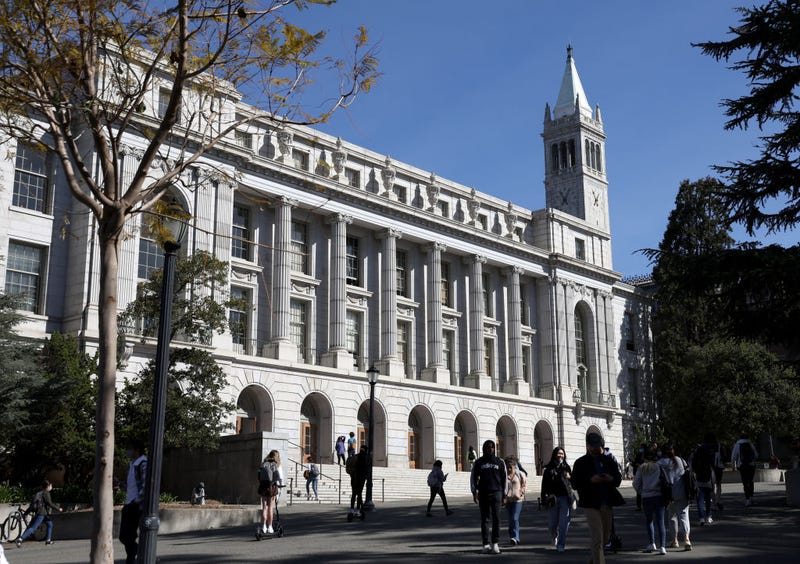
SAN FRANCISCO (KCBS RADIO) – One year after the Taliban's takeover of Kabul, Afghan judge Basira Qazizada faces an uncertain future, but has found a safe haven in Berkeley thanks to a new Bay Area-based program.
For more, stream KCBS Radio now.
Qazizada was working as a judge at the Supreme Court of Afghanistan's Kabul Commercial Primary Court when the Taliban overthrew Kabul's government on August 15, 2021, which ended the U.S.’ 20 year occupation of the country, according to a recent profile in Berkeley Law.
Qazizada, who said she didn’t think she would survive the night, fled to her sister's house and was soon contacted by a Polish immigration officer who asked her if she wanted to evacuate to the country.
She agreed and fled with her brother and his wife. The immigration officer told Qazizada that she could not bring her whole family and she was forced to leave her three sisters and their families.
After staying in Poland for six months, Qazizada received a U.S. visa and came to UC Berkeley in February as part of a new program by the Human Rights Center, San Jose State University's Human Rights Institute, and the UC Berkeley Afghan Student Association which aims to bring threatened Afghan scholars to the Bay Area.
She is currently a visiting scholar at the university and working on a project called "Women Judges and Their Effects on Women’s Rights and Freedom in Afghanistan."
While a practicing judge in Afghanistan, Qazizada worked on issues of human rights, women empowerment, inheritance rights, and property law. Much of her work has been dedicated to women's rights activism in Afghanistan.
Qazizada's visa expires next February, and she told Berkeley Law she "doesn’t know what will happen" after that. She hopes to gain residency in the U.S., obtain a Master of Law degree and become a judge here.
"I want to continue my education, and I won't stop my effort to support my home country and the women there until they get back their freedom and can practice their rights," she told the outlet. "We lost everything, but we didn’t lose hope."
Qazizada’s brother and wife remain in Poland, hoping to come to the U.S., while her three sisters remain in danger in Afghanistan, and their daughters aren't allowed to attend school under Taliban rule.
Qazizada is one of dozens of refugees the Afghan Visting Scholar Program is hoping to aid. The program's founder, Halima Kazem-Stojanovic, told KQED last week she maintains a list of roughly 150 people waiting for academic visas and she has found placements for approximately 15 scholars.
DOWNLOAD the Audacy App
SIGN UP and follow KCBS Radio
Facebook | Twitter | Instagram

